Campbell Soup: Supply Chain Optimization Plan to Fuel Growth
by Staff, on Jun 7, 2024 9:38:42 AM
 Source: Campbell Soup Company
Source: Campbell Soup Company
Campbell Soup Company is putting significant plans in motion as part of an ongoing effort to invest in and transform its supply chain. What’s driving this supply chain optimization plan? The soup and snacks manufacturer is looking to fuel business growth, improve return on invested capital, and enhance the overall effectiveness and efficiency of its manufacturing and distribution network.
These actions are another significant step in transforming Campbell’s supply chain into a competitive advantage. The company is investing in its best-in-class manufacturing sites, leveraging its network of leading co-manufacturing partners, and closing inefficient sites and shifting production to more modern and effective plants.
 "To fuel growth and transform our manufacturing and distribution network, we must invest and further strengthen our supply chain," says Dan Poland, Campbell’s Chief Supply Chain Officer. "By leveraging our best-in-class in-house capabilities combined with the expertise of trusted manufacturing partners, we will continue to make the highest quality products, with a more agile, flexible, and cost-effective manufacturing network. We continue to evaluate optimization opportunities across the network to build our supply chain of the future."
"To fuel growth and transform our manufacturing and distribution network, we must invest and further strengthen our supply chain," says Dan Poland, Campbell’s Chief Supply Chain Officer. "By leveraging our best-in-class in-house capabilities combined with the expertise of trusted manufacturing partners, we will continue to make the highest quality products, with a more agile, flexible, and cost-effective manufacturing network. We continue to evaluate optimization opportunities across the network to build our supply chain of the future."
Headquartered in Camden, N.J. since 1869, Campbell Soup generated fiscal 2023 net sales of $9.4 billion. The food company’s portfolio includes iconic brands such as Campbell’s, Cape Cod, Goldfish, Kettle Brand, Lance, Late July, Milano, Michael Angelo’s, noosa, Pace, Pacific Foods, Pepperidge Farm, Prego, Rao’s, Snyder’s of Hanover, Swanson and V8.

Shuttering a Plant in Oregon
There are a number of initiatives now underway to optimize the Campbell Soup supply chain. One such initiative involves the Tualatin, OR plant. This facility was acquired in 2017 as part of Campbell’s purchase of Pacific Foods, and it produces Pacific’s organic soup, broth and plant-based beverages. The site consists of multiple leased buildings of approximately 250,000 square feet. The aging facility and inefficient nature of the site's configuration can no longer support the increased consumer demand and continued growth of the business.
 Source: Campbell Soup Company
Source: Campbell Soup Company
Campbell will close the facility in phases and expects to cease operations by July 2026, with the first phase to impact 120 of its 330 employees in August 2024. The company plans to move the plant’s soup and broth production to other thermal and aseptic plants in its network and shift plant-based beverage production to leading co-manufacturing partners.
Indiana Plant to Specialize in Tortilla Chips
Campbell Soup’s Jeffersonville, IN plant will specialize in Late July tortilla chips. Production of the company’s kettle potato chips will be moved to Campbell’s Charlotte and Hanover plants. The change will go into effect in July 2024 and will impact approximately 85 of the 230 employees at Jeffersonville. The plant will continue to produce regional snack brands.
In total, the closure of the Tualatin site and the changes to the Jeffersonville plant will impact 415 employees. The company will provide impacted employees with separation benefits and job placement support.
Investing for Growth to Add 210 New Roles
To enable the supply chain network of the future and unlock the growth of the business, the company also is making capital investments of approximately $230 million through fiscal 2026 at newer, more agile facilities in its network, with approximately $80 million spent to date. These projects are expected to create approximately 210 new roles across the organization and will include new training and development programs for employees. The projects include these initiatives in North Carolina, Pennsylvania, and Wisconsin:
- $150 million investment for new aseptic soup production in Maxton, NC which will result in 100 new roles
- $72 million investment to add additional potato chip kettles in Hanover, PA, resulting in 72 new roles
- $8 million investment to expand capacity for tortilla chips in Franklin, WI, resulting in 40 new roles
In addition to these investments, Campbell Soup previously announced plans to expand production of Goldfish crackers at its Richmond, Utah plant. The new line, which is expected to be operational by the end of calendar year 2024, will increase the bakery’s output of Goldfish by 50 percent and will add approximately 80 new roles at the site.
Related Articles:
- Campbell Soup Company: Food Chain Snapshot
- Campbell Soup to Consolidate Snack Offices to Camden HQ to Fuel Growth
- Red Sea Disruptions Now Impacting Food Chains
- Article Source: Campbell Announces Supply Chain Optimization Plan to Fuel Growth
Like this kind of content? Subscribe to our "Food For Thought" eNewsletter!
Now more than ever, professionals consume info on the go. Distributed twice monthly, our "Food For Thought" e-newsletter allows readers to stay informed about timely and relevant industry topics and FSA news whether they're in the office or on the road. Topics range from capacity, rates and supply chain disruption to multimodal transportation strategy, leveraging technology, and talent management and retention. Learn More



